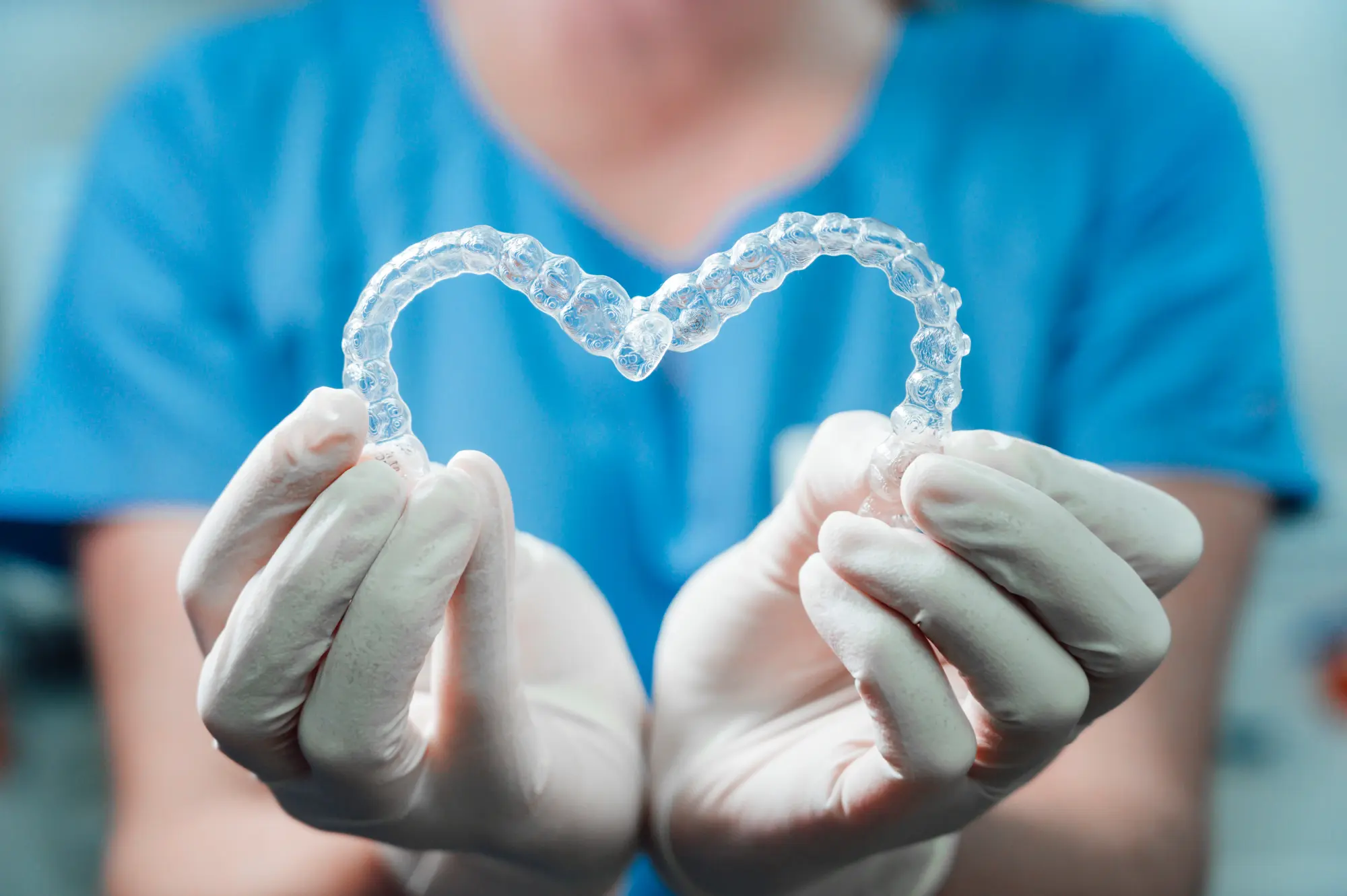
Can I Eat After Tooth Extraction?
One of the most common questions patients ask after a tooth extraction is, "Can I eat?" The answer is yes, but with some caveats.
One of the most common questions patients ask after a tooth extraction is, "Can I eat?" The answer is yes, but with some caveats. In this blog post, we'll guide you through the do's and don'ts of eating after a tooth extraction to ensure a smooth and speedy recovery.
Immediate Post-Extraction Period
Immediately after your tooth extraction, your mouth will be numb from the local anesthesia. It's essential to avoid eating until the numbness has completely worn off to prevent accidental biting of your cheek, lip, or tongue. Once the anesthesia wears off, you may start to feel some pain. This is normal, and your dentist will likely recommend over-the-counter pain relievers in most cases.
When you do begin to eat, choose soft foods that require minimal chewing. Some options include:
- Yogurt
- Pudding
- Applesauce
- Mashed potatoes
- Scrambled eggs
Days Following Extraction
In the days following your extraction, continue to eat soft foods and gradually add semi-soft foods as your comfort allows. Avoid hot foods and drinks as they may dissolve the blood clot that aids in healing. Also, steer clear of foods that can get stuck in the extraction site such as popcorn, nuts, and seeds.
It's crucial to stay hydrated but avoid using a straw. The suction can disrupt the blood clot and delay healing, a condition known as dry socket. Dry socket can be very painful, but is easy to avoid with good habits! Drink directly from the glass instead, and be sure to avoid smoking of any kind (including cigarettes, cigars, marijuana, vaping, etc).
Nutrition for Healing
Proper nutrition is key to a speedy recovery. Protein-rich foods aid in healing, so include foods like eggs, cheese, beans, and/or meat in your diet. Vitamin C and A, found in fruits and vegetables, also aid in recovery.
Remember, the extraction site might be sensitive, so ensure all foods are cool or at room temperature. Extremely cold or hot foods might cause discomfort.
Resuming Normal Diet
Most patients can resume their normal diet within a week after extraction. However, this depends on the complexity of the extraction and individual healing rates. Always follow the specific instructions given by your dentist.
Even after resuming your normal diet, you might want to avoid crunchy or hard foods until the extraction site has fully healed.
Importance of Oral Hygiene
Maintaining proper oral hygiene after a tooth extraction is absolutely crucial for preventing complications and ensuring optimal healing. While the extraction site needs special care, it's essential to maintain cleanliness throughout your entire mouth during the recovery period.
During the first 24 hours after extraction, a blood clot forms in the socket – this clot is vital for proper healing and must be protected. The clot serves as a protective layer over the underlying bone and nerve endings, and its preservation is crucial for preventing a painful condition called dry socket.
Old Town Smiles: Your Dental Health Partner in Alexandria, VA
If you have more questions about tooth extraction or any other dental procedures, don't hesitate to reach out to us at Old Town Smiles. Dr. Seema Ahmed and Dr. Mohammad Barra, our experienced dentists, are always ready to assist you. To schedule an appointment, call us at (703) 836-7000. We're conveniently located in Alexandria, VA, and we're committed to providing top-tier dental care to our community.














.jpeg)













